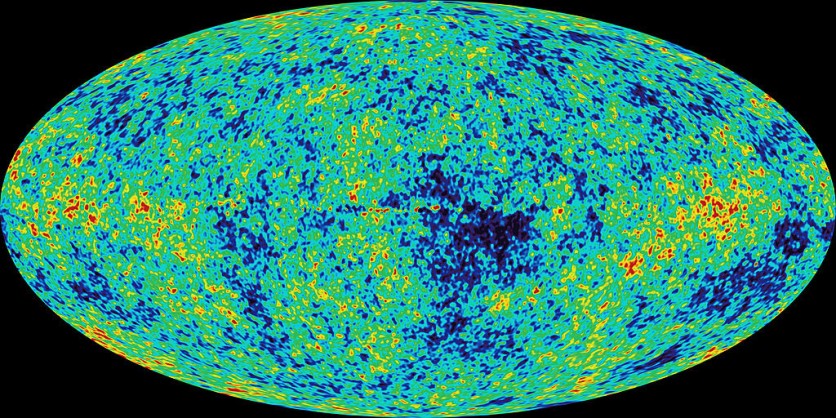A team of scientists suggests that a Dark Big Bang may have occurred during the early evolution of the cosmos, according to Interesting Engineering.

Big Bang's Twin?
Scientists are suggesting that the Big Bang was not an isolated event and it had a mysterious dark twin, which is the Dark Big Bang. Suppose this is true; it would mean that dark matter evolved in a separate trajectory from the rest of the universe.
The researchers suggest a quantum field was left behind following the traditional Big Bang. When the universe expanded and cooled, the extra quantum field transformed and triggered the formation of dark matter.
Based on their study, the Dark Big Bang released a unique signature of strong gravitation waves that is still detectable today. With this, experiments conducted today may be used to prove Dark Big Bang. This means that the growth of dark matter is independent of the growth of normal matter so that the Big Bang Nucleosynthesis (the process of creating elements during the Big Bang) can happen in the same way we currently understand it, while dark matter is still changing and evolving in its own way.
This approach allows scientists to explore different theories of dark matter in a more organized manner. They can use calculations to compare the results to what we can observe in the universe. For example, the team in the paper were able to calculate that if a "Dark Big Bang" happened, it would have happened when the universe was only one month old.
Also Read: Stephen Hawking Claims To Know What Happened Before The Big Bang
Still Theoretical
This idea is still in its theoretical stages, but it offers an alternative explanation to the traditional Big Bang Theory. There are suggestions that it might be possible to detect evidence of a Dark Big Bang in our Universe, using the next generation of gravitational wave detectors. If this is true, it could help us better understand our Universe's origin and evolution.
Researchers believe that dark matter and regular matter were produced in different Big Bangs, but this is not confirmed yet. If a new type of interaction between dark and regular matter were to be discovered, this would prove that both types of matter were created from the same Big Bang, and the idea of two separate Big Bangs would be disproven.
The idea of a Dark Big Bang is an exciting prospect for scientists, as it could open up new avenues of research into dark matter and its effects on the universe. It also suggests that our current understanding of cosmology may need to be revised to accommodate this theory.
A potential consequence of the Dark Big Bang would be an increased amount of dark energy in the universe, which has been theorized by some researchers but not yet confirmed observationally. This additional energy source could affect how galaxies form and evolve over time, providing insight into why certain parts of space appear so empty or devoid of stars when viewed from Earth-based telescopes.
Additionally, further study might reveal more about how gravity works within different regions across vast distances - something that remains largely mysterious today despite decades worths' of research efforts!
Related Article: Big Bang Didn't Happen? New Theory Suggests Universe Has No Beginning, No End

ⓒ 2025 TECHTIMES.com All rights reserved. Do not reproduce without permission.




